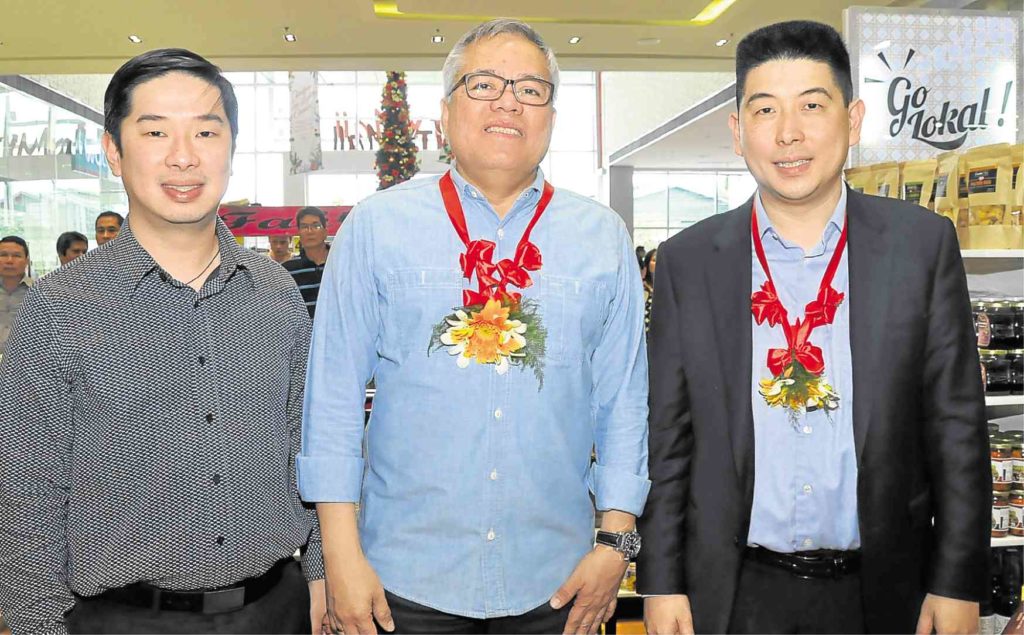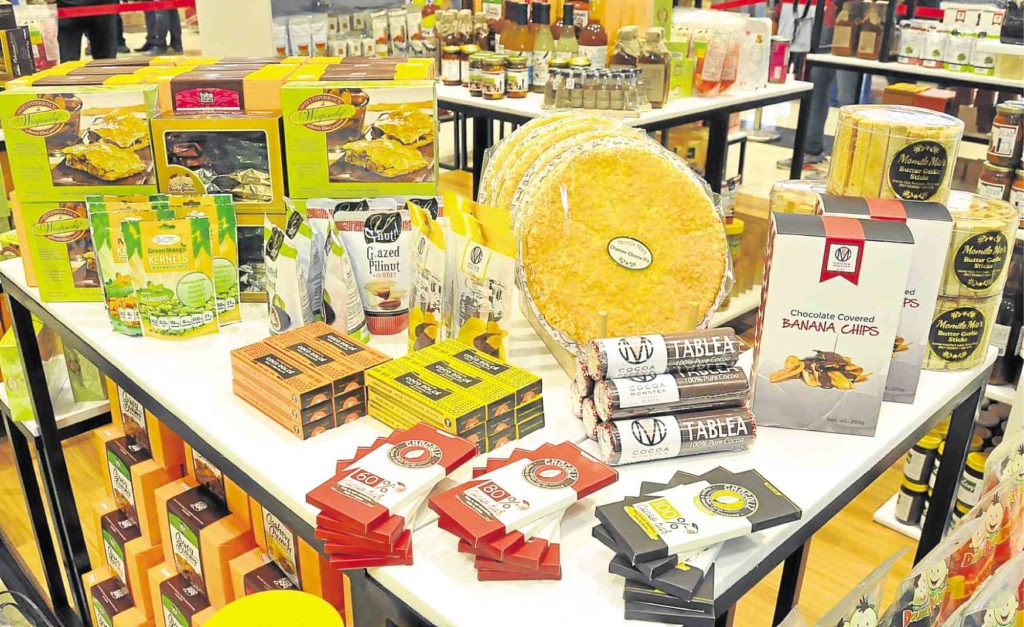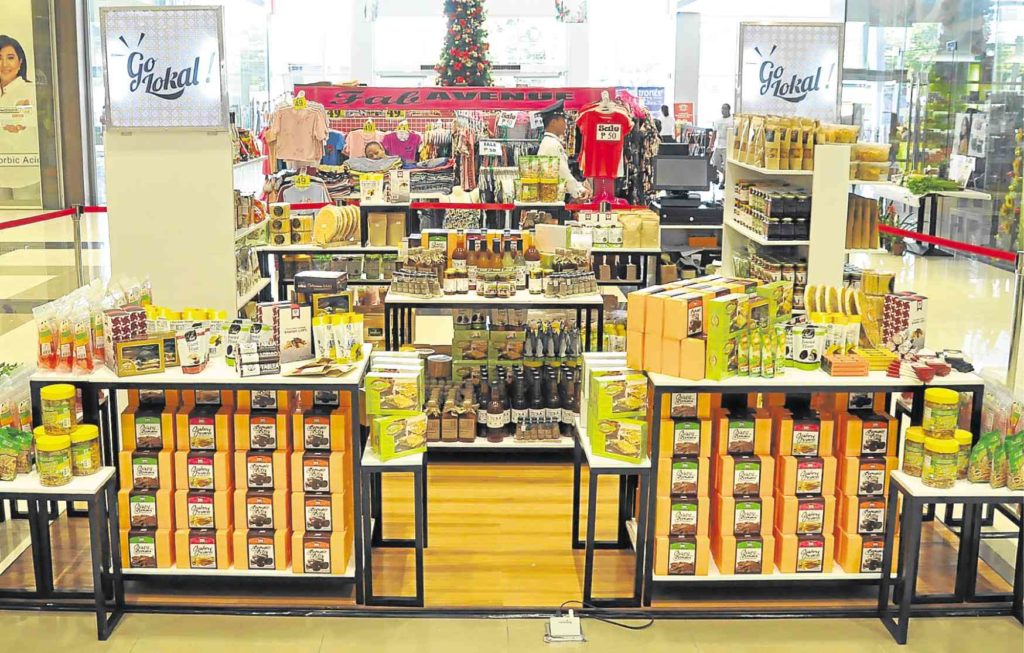Unique finds now in malls as MSMEs up the competition
Products of micro, small and medium enterprises (MSMEs) will finally get a regular “showing” at CityMall’s Go Lokal stores without risking their modest and hard-earned capital.
Trade Secretary Ramon Lopez formally launched Go Lokal recently at CityMall- Anabu in Imus, Cavite. The event signaled the opening of similar stores in the 25 CityMall branches all over the Philippines.
As Lopez pointed out in his speech during the launch, markets for MSMEs were often limited by their inability to pay rental fees required by large mall chains or the establishments’ practice of paying suppliers only after 30-90 days.
Sometimes, big malls get MSME products on consignment, keeping the products so that the producers are unable to sell them and paying only for those that are sold.
The practice has left many consumers frustrated.
MSMEs that participate in trade fairs, some of them organized by the Department of Trade and Industry (DTI) itself, or in bazaars, often leave shoppers frustrated as the enterprises can only accept orders in bulk and cannot do retail business because of the cost of shipping their products from wherever they are based.
Now, with the Go Lokal stores in CityMalls, which are expected to number 100 by 2020, consumers may find it easier to find their favorite MSME products or discover new ones.
With CityMall paying for the products as soon as they are received, MSMEs’ production is not disrupted and their small capital is not tied up.
Lopez said the CityMall Go Lokal initiative was realized when he mentioned to Edgar “Injap” Sia II, founder of Mang Inasal and chair of Double Dragon Properties, a property venture with Jollibee Foods Corp., that the store “will help MSMEs by providing them exposure.”
Sia, whom Lopez described as an “idol entrepreneur,” admitted he had a soft spot for MSMEs.
He himself started as a small entrepreneur, concocting his Mang Inasal recipe in his kitchen and turning his “unli-rice” business venture into a hugely successful franchise, which is now part of the Jollibee food conglomerate.
In opening his malls to Go Lokal, Sia said he would rather that MSMEs used their resources and focused on production instead of paying rent and waiting to be paid for consigned products.
“(MSMEs) do not have to worry about whether their products sell or not. They can concentrate on promoting and developing what they make,” Sia said. CityMall assumed the risks of bringing to the market new products. The initiative would help MSMEs mainstream their products.
Go Lokal chooses suppliers based on the DTI’s recommendations. It also does its own vetting of prospective partners.
Lopez said the opening of Go Lokal in CityMalls supported efforts to strengthen MSMEs and bring progress to more people to ensure that “nobody is left behind” as the country developed.
“It is one of several programs [of the DTI] to open the market to MSMEs,”
Lopez said. The department, he said, also conducted training, provided loans and extended other forms of assistance so small entrepreneurs would not have to go to “5-6” lenders (people who charge a 20-percent interest on loans).
Sia said they wanted to help MSMEs survive in a more competitive environment, giving them the incentive to upgrade their packaging and the quality of their products and to give importance to hygiene and sanitation in their production processes.
CityMall is present primarily in areas where giant mall chains do not have branches. Several locations are in popular tourist destinations giving Go Lokal the potential to be a popular destination for buying pasalubong (gifts that travelers buy for relatives and friends back home). —CONTRIBUTED


